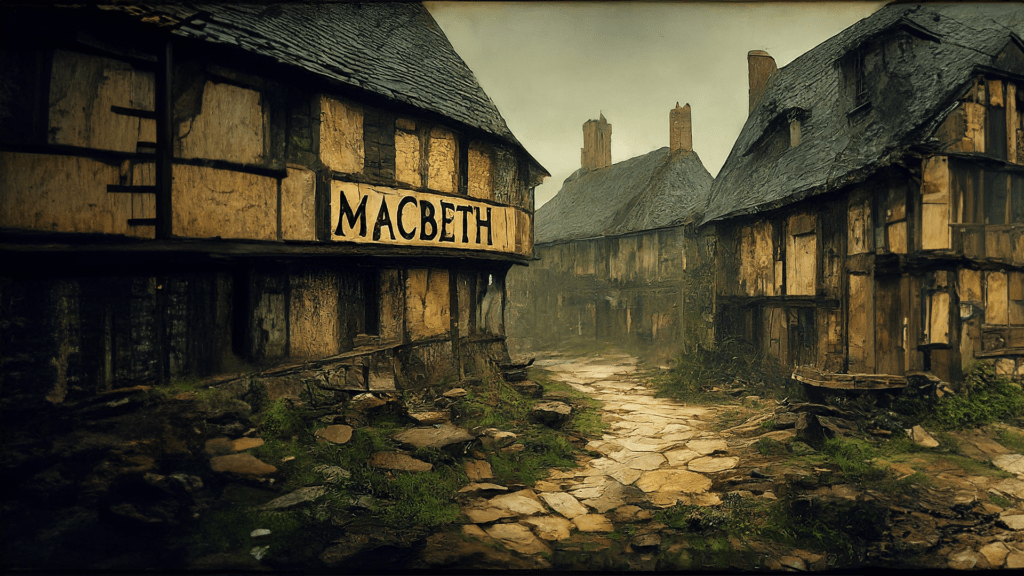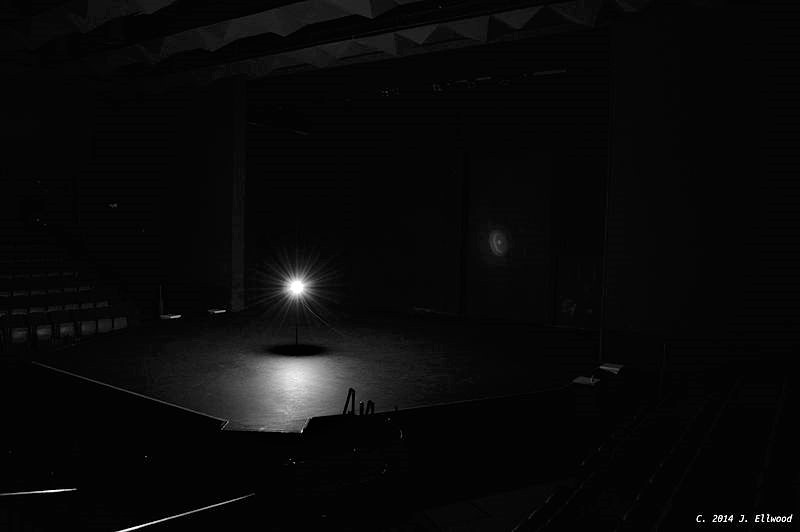
Macbeth: He Who Must Not Be Named
In the culture of theatre, few superstitions are as universally recognized as the taboo surrounding the name of Shakespeare’s “Macbeth.” Often referred to as “The Scottish Play” by actors and theatre enthusiasts, this superstition embodies a fascinating blend of history, folklore, and theatrical tradition. But why is the name “Macbeth” considered bad luck when spoken in a theatre? And what are the origins of this enduring theatrical taboo?
Introduction
In theatre circles, uttering the name “Macbeth” inside a theatre, except as required by the script, is considered bad luck. The tradition dictates that referring to the play should be avoided, using euphemisms like “The Scottish Play” or “The Bard’s Play” instead. This superstition is so ingrained in theatre culture that it often requires a ritualistic cleansing of the person who mentioned the play by name, involving various forms of atonement to reverse the curse.
Historical Context
The origins of the “Macbeth” superstition are as murky as the Scottish moors on which the play is set. Some theories suggest that the play’s first performance in 1606 was plagued by accidents, leading to the belief that the play was cursed. Others propose that the inclusion of actual witchcraft rituals in the text invited malevolent forces, cursing the play and anyone who dares to speak its name within the sacred confines of the theatre.
Numerous incidents throughout history have been cited as evidence of the curse. From actors suffering severe injuries during performances to mysterious fires destroying theatre properties, the lore surrounding “Macbeth” is filled with tales of misfortune and disaster attributed to the play’s supposed curse.
Etymological and Cultural Insights
The etymology of “Macbeth” itself offers no clues as to why the name should be considered unlucky. The name comes from the Gaelic “Mac Bethad,” meaning “son of life,” which ironically contrasts with the death and destruction that characterizes both the historical figure and Shakespeare’s character. The superstition, therefore, is not rooted in the name’s meaning but in the cultural and historical context of the play’s production and reception.
Psychologists and cultural historians often point to the power of belief in perpetuating the “Macbeth” superstition. The expectation of bad luck creates a heightened state of anxiety among cast and crew, which can lead to accidents and mishaps that reinforce the belief in the curse. This self-fulfilling prophecy ensures the longevity of the “Macbeth” taboo in theatre culture.
Rituals of Atonement
The rituals performed to counteract the curse of “Macbeth” vary, but they often involve leaving the theatre, spinning around three times, swearing or spitting over one’s left shoulder, and then knocking and requesting permission to re-enter. These rituals, steeped in folklore, underscore the blend of respect, fear, and reverence that the theatrical community holds for the power of words and names.
Conclusion
The superstition surrounding “Macbeth” is a testament to the enduring power of theatre to blend reality and myth, creating a rich cultural tradition. Whether the curse is real or imagined, the rituals and customs that have arisen around “The Scottish Play” serve as a reminder of the respect for tradition and the collective imagination of the performing arts community. In the end, “Macbeth” remains not just a play but a symbol of the mysterious and ineffable connection between art, belief, and the human experience.






